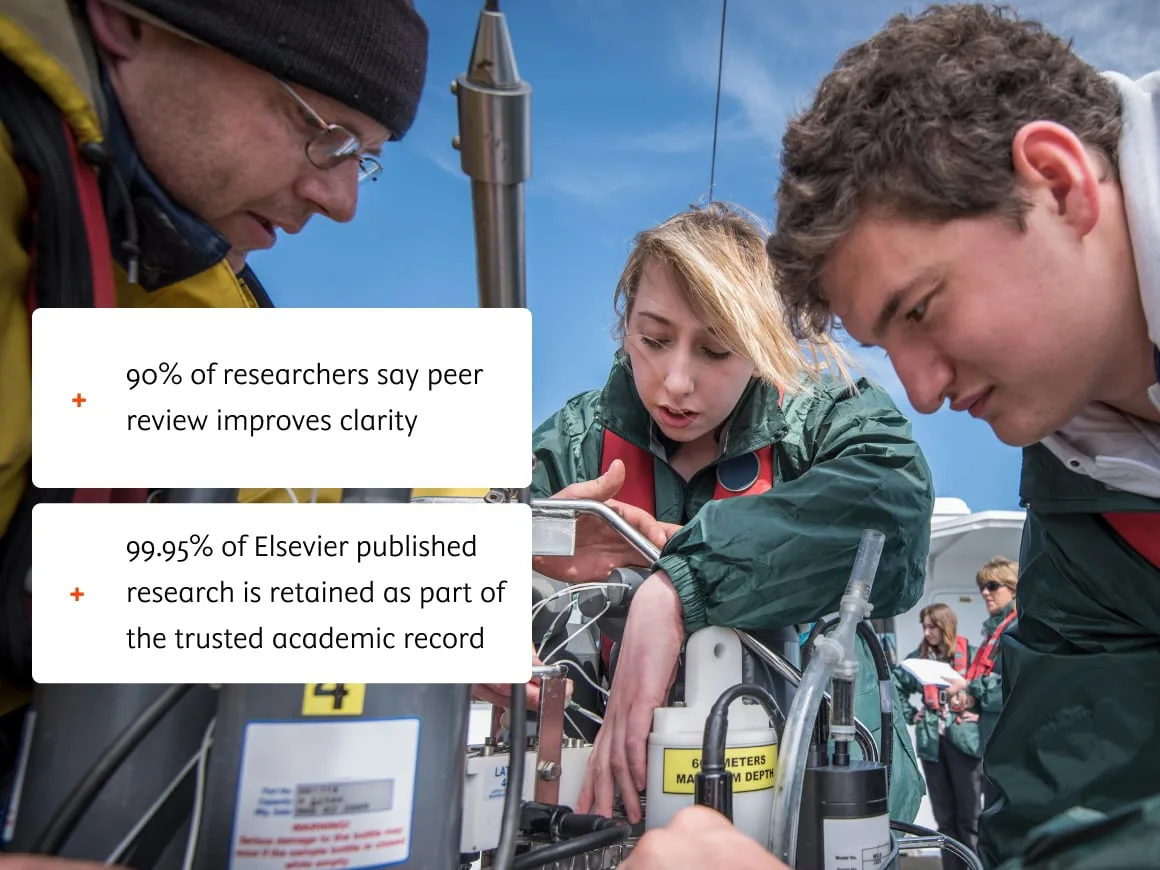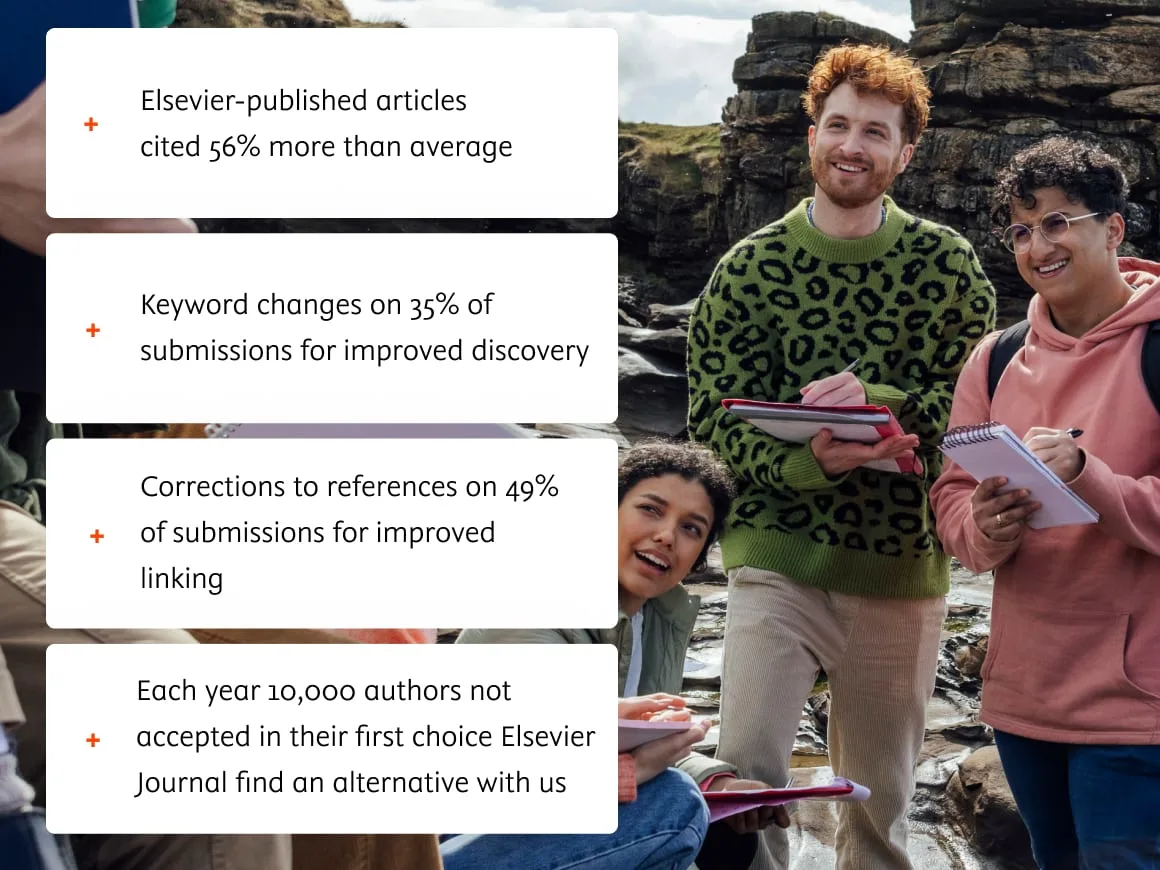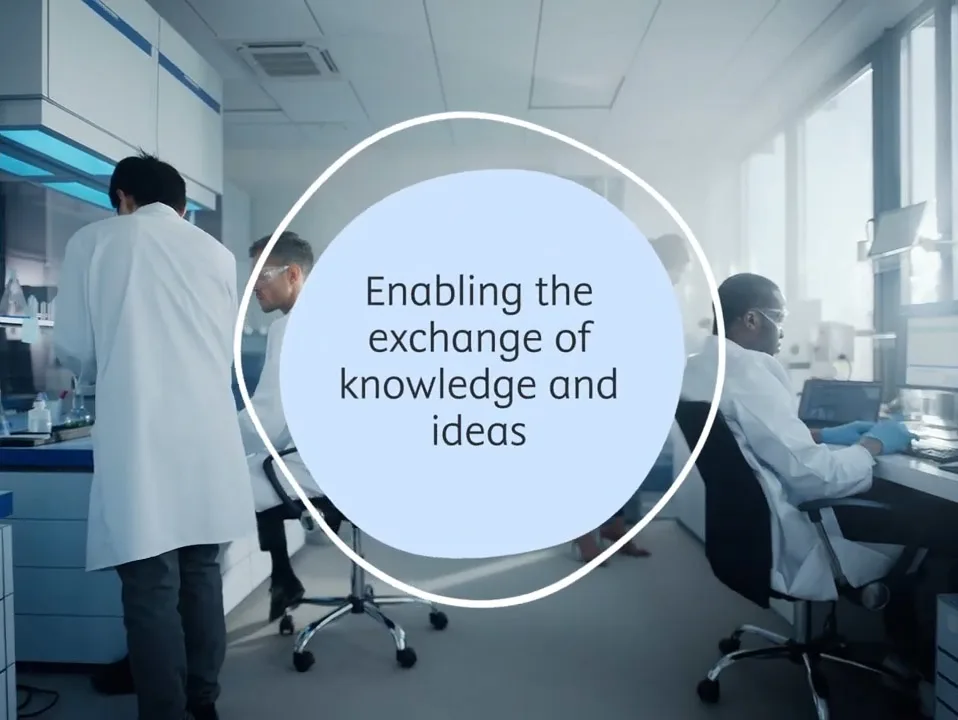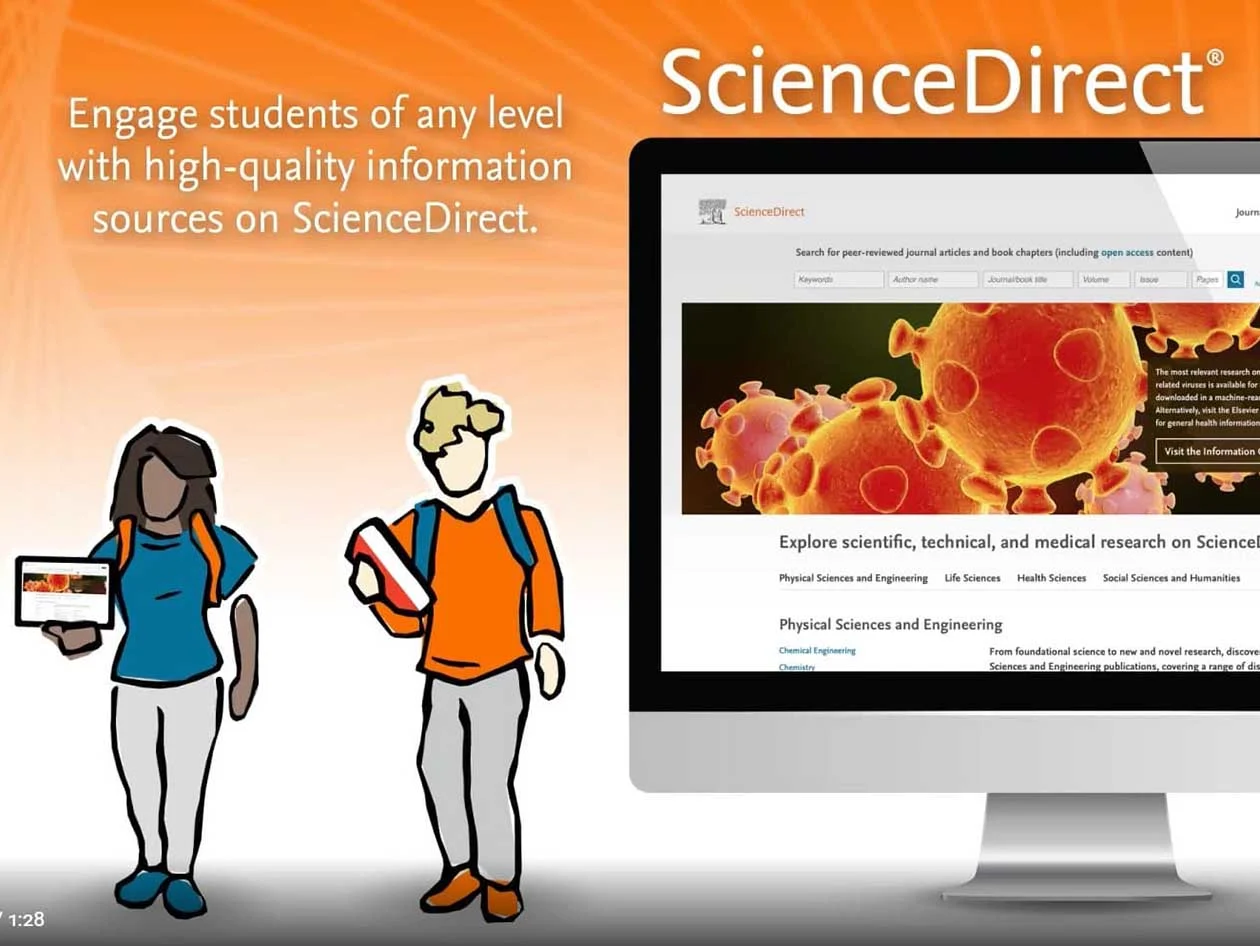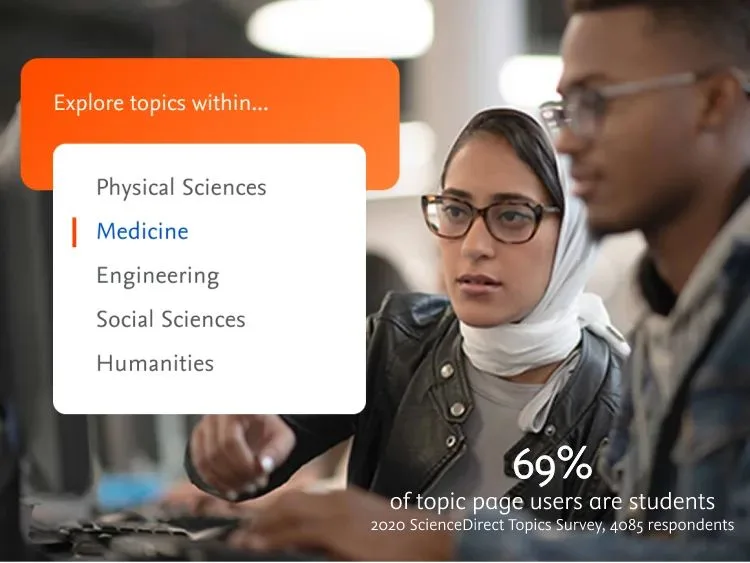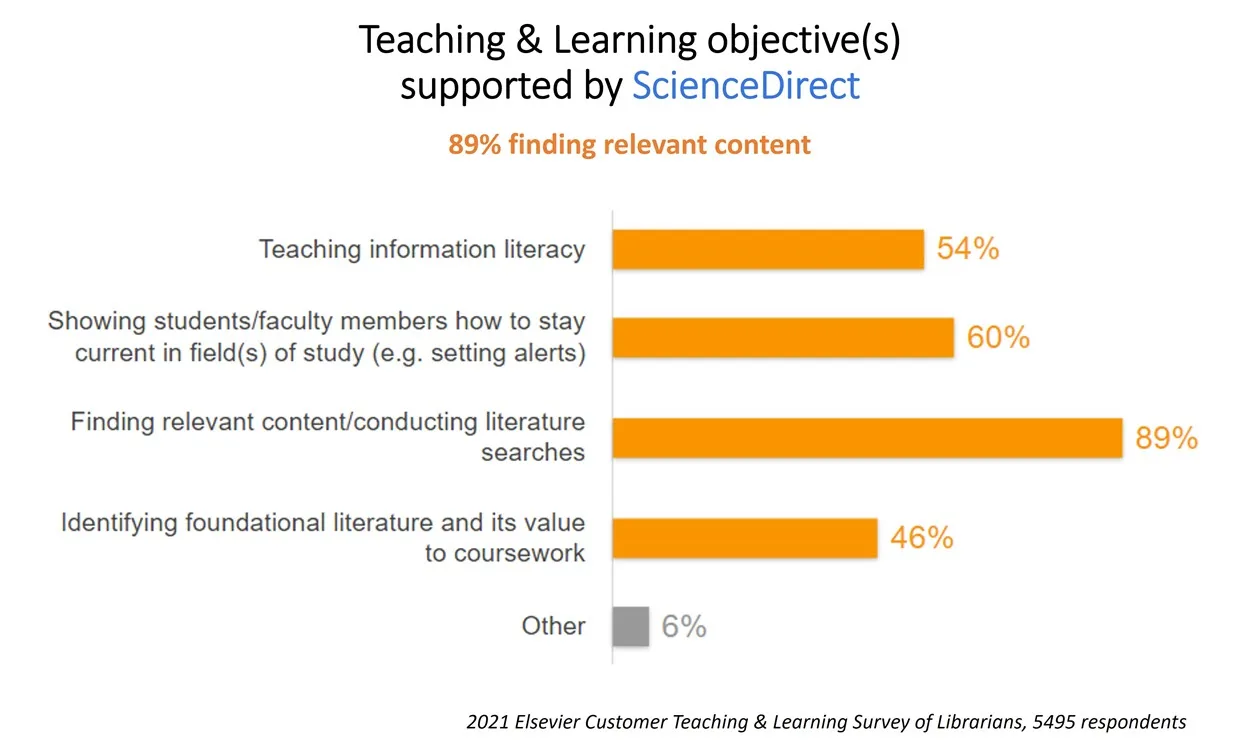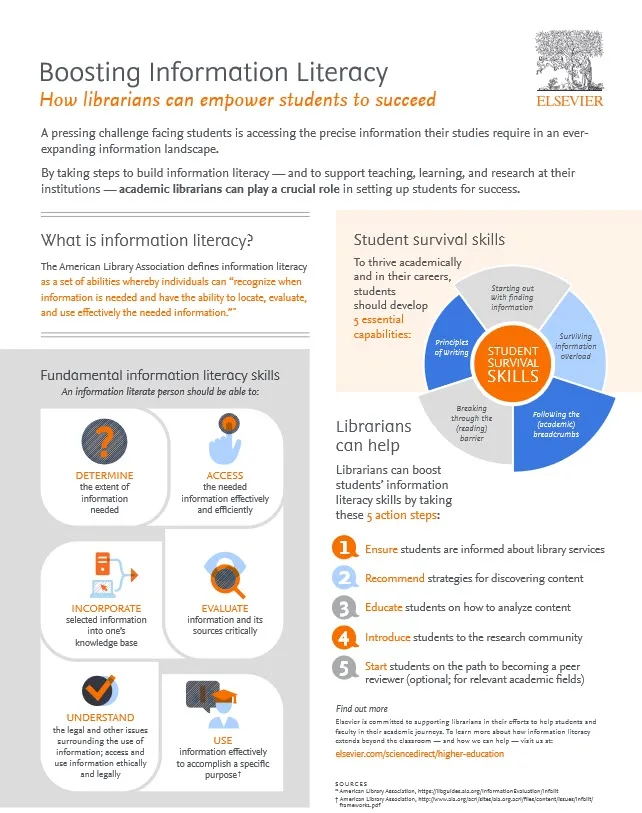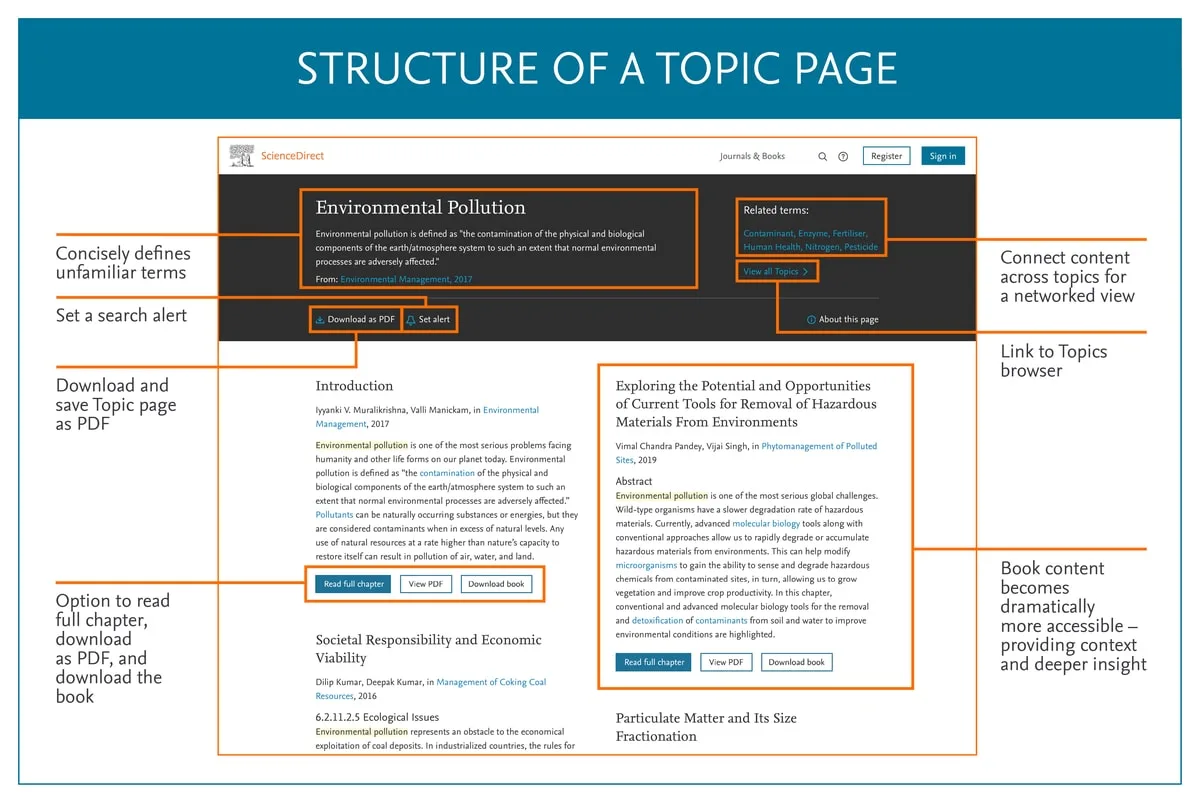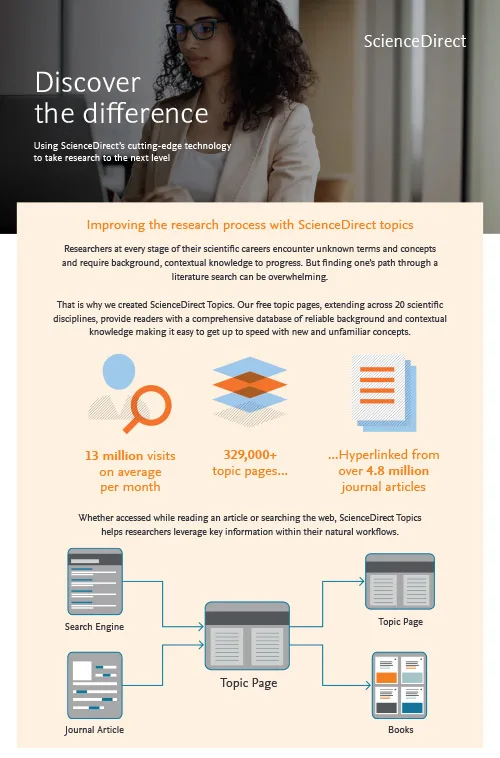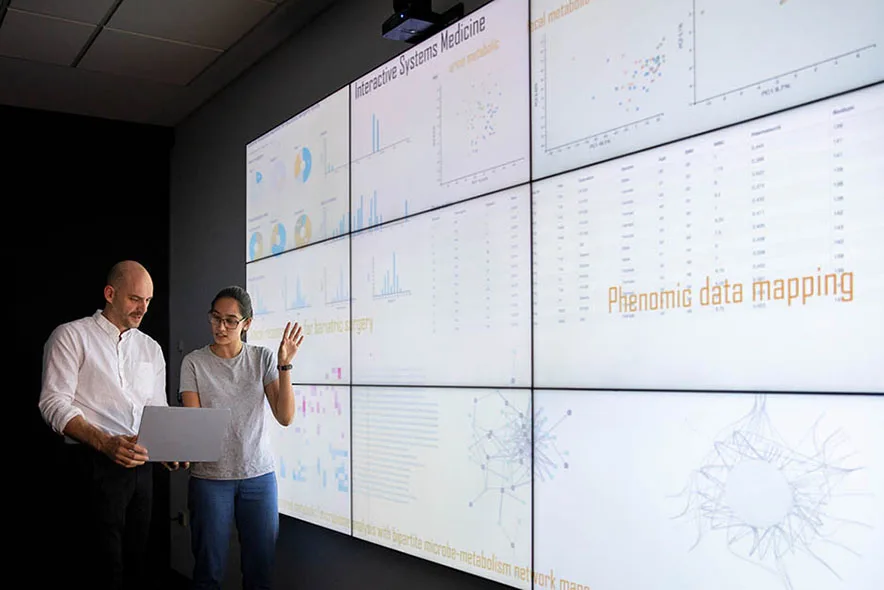Content collection | Almost any non-subscribed content in the ScienceDirect database, including millions of full-text articles, chapters from major reference works, e-books, journal archives (reaching back to 1823) and pre-1995 book backlist. See the list of excluded content for exceptions. |
Pricing | $31.50 USD per article or chapter for most Elsevier content. Select titles are priced between $19.95 USD and $39.95 USD (subject to change). Pricing for third-party journals is set by the publisher. These types of content are always free: Advertisements, Announcements, Calendars, Contents Lists, Editorial Board Listings, Front Matter of all Book Types, Publisher's Notes, Errata, Duplicates, Retractions, Removals, Personal Reports. ScienceDirect offers a growing amount of open access content. |



